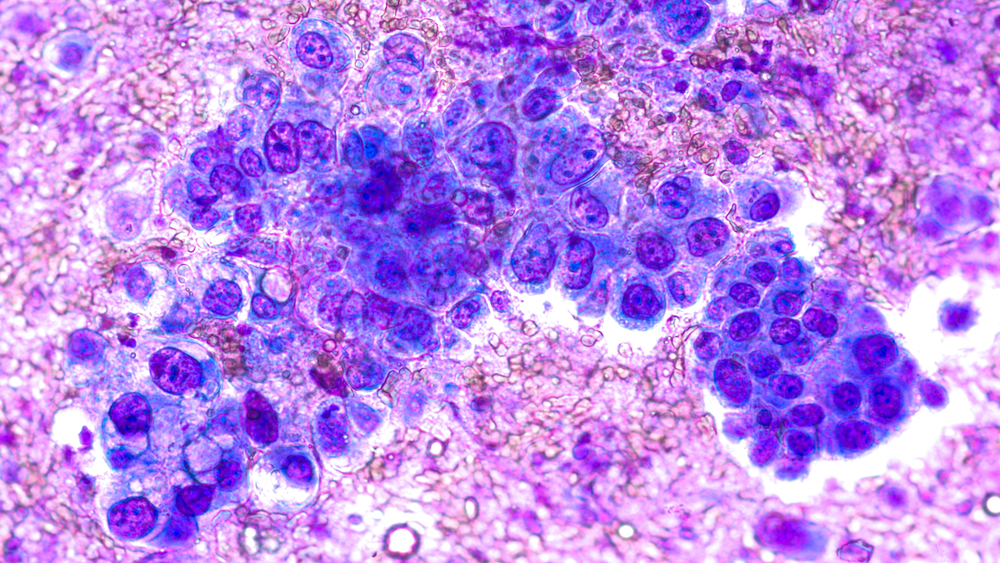Newsletter Signup - Under Article / In Page
"*" indicates required fields
Immutep Limited has revealed what it says are compelling new clinical data from its TACTI-002 all-comer PD-L1 phase II trial evaluating Immutep’s lead product candidate, eftilagimod alpha in combination with MSD’s (Merck and Co., Inc., Rahway, N.J., USA) anti-PD-1 therapy KEYTRUDA (pembrolizumab) in 114 patients with non-small cell lung cancer (NSCLC).
The new data was presented in a late-breaking abstract oral presentation at the 37th Annual Society of Immunotherapy of Cancer (SITC) Meeting by Wade T. Iams, assistant professor of medicine, Vanderbilt-Ingram Cancer Center Division of Hematology/Oncology.
Encouraging data for Immutep’s lead product candidate
Iams said: “The encouraging ORR, PFS and DCR presented today at SITC build on the promise of efti, a first-in-class soluble LAG-3 protein, to uniquely engage the innate and adaptive immune system to enhance the clinical effect of pembrolizumab. Responses in TACTI-002 were seen across all PD-L1 expression levels and histologic types, including in patients with PD-L1 TPS less than 50%. The deep and durable responses driven by efti plus pembrolizumab continue to be favorable with median DoR of 21.6 months.”
Immutep CSO and CMO, Frederic Triebel, added: “The strengthening of efficacy, with improving overall response rates across all levels of PD-L1 stratification in first-line NSCLC patients, with no new safety signals, is quite encouraging. We are pleased to see ORR reach 40.4%, which compares favorably to the approximate 20% response rates in other PD-L1 all-comer trials utilizing anti-PD-1 monotherapy.
“Importantly, this additional clinical benefit is occurring with a safety profile consistent with that observed in previously reported studies for pembrolizumab monotherapy. We are also excited to share the first pharmacodynamic data from efti’s combination with pembrolizumab, showing significant elevation of IFN-gamma and the CXCL10 chemokine serum biomarkers for systemic TH1 response. Similar to the immune response biomarker data seen in efti’s randomized phase IIb trial in breast cancer, this further substantiates efti’s novel ability to engage and activate the immune system.”
Patient outcomes improving
Immutep CEO Marc Voigt said: “We are pleased to see patient outcomes improving yet again, and continue to believe that efti, with its unique mechanism of action targeting a subset of MHC class II molecules to mediate antigen-presenting cell activation, holds significant potential to benefit cancer patients. This includes those with PD-L1 expression levels below 50% that represent the vast majority of patients with NSCLC.
“Based on this compelling data in this large phase II trial, coupled with the large market opportunity and high unmet need for more durable and tolerable options, we continue to push forward with our late-stage clinical development plans in frontline NSCLC in combination with anti-PD-1 therapy.”
Oncology R&D trends and breakthrough innovations







